Latest News
Horseman GO, a Virtual Horse Racing Game Launches as the World’s First Decentralised Autonomous Game
 Reading Time: 4 minutes
Reading Time: 4 minutes
Deployed on the EOS blockchain, the game will be fully self-operational and self-managing with players determining how the in-game ecosystem will evolve over time
Cogito, the blockchain gaming studio, announced the official launch of the world’s first decentralised autonomous game (DAG), Horseman GO. An end-to-end virtual horse racing game, players will be responsible for constructing their own ranches in order to breed, cultivate, and train horses for racing. Deployed on the EOS public blockchain, Horseman GO is differentiated by its governance mechanisms which are underwritten in code, rather than in the hands of game publishers. The first of its kind, Horseman GO is the first blockchain game to be fully self-operational, self-managing, and self-developing––with players dictating how the Horseman GO ecosystem will continue to evolve over time.
Designed to challenge the existing inadequacies of modern-day online games which are centralised by design, Horseman GO addresses the imbalance between game developers, network operators, and players observed in the industry today. With in-game assets such as horses and other core resources put on the blockchain, players are able to safely purchase, trade, and ensure the provenance of these assets which now have real-world value as part of a digital in-game economy.
Cogito Founder Kevin Yu said, “From the irrefutable success of CryptoKitties in 2017, we’ve seen that the blockchain gaming ecosystem has yet to significantly innovated since then, with today’s games bogged by laggard network speeds and the inability to retain players. With the potential for blockchain to allow for greater transparency and safety for players who look to monetise in-game assets, we wanted to create a game that took this idea of ownership a step further.”
The self-governing function of Horseman GO is enabled by the in-game Jockey Club, a decentralised autonomous organisation within the game which collectively manages a central wallet where in-game earnings are used to cover basic expenditure of the Horseman GO community. Collected through registration fees in races, auctions, and sponsored races, the majority of the funds will eventually be returned to players through bonus pools, activity rewards, and a dedicated development fund for beginners to the game. Denominated in EOS, all transactions taking place within the Horseman GO game will be fully transparent and viewable by players on the EOS blockchain.
“As the first game of its kind, Horseman GO proposes an innovative model of gameplay, distinguished by a self-functioning economy determined for players by the players themselves. Designed wholly with the spirit of decentralisation in mind, we hope to foster an ecosystem that encourages players to be fully invested in the creation of the Horseman GO ecosystem, empowered by the emphasis on community inclusion and accountability for its growth,” added Yu.
With over 20 years of extensive experience in the gaming and Internet industries, Yu is also the Co-Founder and former Editor-in-Chief of Netgamer, China’s first online gaming magazine. As a first-generation game developer in China, Yu’s established track record spans across PC and mobile gaming, in areas of publishing, operation, marketing, and business development for notable first-tier titles in the country including Lineage,《兽血沸腾》,《凡人修仙传》, 《扫荡三国》,《超神名将传》, for which he generated a revenue of RMB¥300 million (US$43.29 million). Yu is also the former President of aigame100, one of China’s leading game development studios.
Noted for its high-performance, stability and robustness, EOS was selected by the Cogito team as the first public blockchain for Horseman GO. With smart contract functionalities that can best serve the game’s autonomous mechanism enabled by its use of Delegated Proof of Stake (DPoS) which allows for lower latency and greater throughput, EOS has fast emerged as one of the leading preferred platforms of decentralised applications including blockchain games, allowing Horseman GO to tap into a burgeoning global user base.
In late October 2019, Horseman GO launched its first closed beta where players were able to participate in 3 races and win up to 60 EOS. Eventually, participants were able to compete in higher level races and bid for high-value in-game resources in the closed beta 2.0 with more features gradually being added to enrich the gameplay experience. Over time, as the Horseman GO ecosystem matures, the DAG will be deployed on selected public blockchains across the wider industry ecosystem. Within the coming year, the Cogito team will be working on engaging wallet providers to explore the creation of a revenue distribution ecosystem along with other custom features within the gameplay to ensure user retention.
About Cogito:
Cogito is a Hong Kong-based entertainment studio dedicated to developing and publishing blockchain-based games. Helmed by a team of developers and executives with established careers in the traditional game industry as well as highly-skilled blockchain engineers, Cogito leverages a joint platform and content model in order to enable an inclusive game entertainment industry to the benefit of developers, publishers, and users alike.
About Horseman GO:
Horseman GO is the world’s first blockchain-enabled, decentralised autonomous game (DAG). Designed and developed by blockchain gaming studio Cogito, Horseman GO is characterised by its self-governing, self-managing, and self-developing mechanism which is fully encoded in the gameplay, presenting an innovative decentralised game experience where players are entirely accountable for the growth of the in-game ecosystem. Through the in-game Jockey Club, all in-game revenues from participation fees, auctions, and sponsored races will feed into a central wallet where funds will be further allocated for operational costs and rewards within the game. In this way, Horseman GO provides a gaming experience that is determined and developed by the players and for its players alone.
For more information, please visit https://horsemango.com.
Source: Latest News on European Gaming Media Network
This is a Syndicated News piece. Photo credits or photo sources can be found on the source article: Horseman GO, a Virtual Horse Racing Game Launches as the World’s First Decentralised Autonomous Game

Latest News
SOFTSWISS Game Aggregator Hits €13 Billion in Monthly Total Bets: Q1’24 Recap
In Q1 2024, the SOFTSWISS Game Aggregator, an industry-leading renowned game content hub, reached a significant milestone: over 13,000,000,000 euro bets were handled each month. Over six months, this figure increased by 30%, confirming the tool’s widespread use and growing interest.
Currently, 1,052 brands worldwide are utilising the SOFTSWISS Game Aggregator’s services, an increase of 112 brands from the last quarter.
The Game Aggregator team is expanding its client portfolio, with a strong focus on the Latin American market. The company has increased its regional presence to better meet local business needs. SOFTSWISS recently announced the appointment of Rubens Barrichello, affirming its commitment to the region. Account managers who work with Latin American clients and communicate in their native Portuguese also joined the team in Q1 2024.
In addition to providing high-quality service and technical solutions, the Game Aggregator team aims to assist and consult in attracting and retaining players. Recently, the Game Aggregator launched live game tournaments within its Tournament Tool to enhance player engagement.
“We act as consultants for our clients on attracting and retaining players. We leverage our expertise to help clients promote iGaming content to different audience segments. Since the beginning of this year, we have also financially participated in all promotional campaigns initiated by our clients or providers. Increasing the budget for well-thought-out campaigns enhances their reach and effectiveness for casinos, and we are pleased to contribute to our stakeholders’ success,” noted Gregory Penkov, Head of Sales at SOFTSWISS Game Aggregator.
Recently, the Game Aggregator also celebrated a milestone of 20,000 games. In Q1 2024, the number of game providers and studios providing games increased by 35% compared to the same period in 2023, reaching 263.
The top 3 games during this period were Retro Tapes (Push Gaming), Gates of Olympus (Pragmatic Play), and Sweet Bonanza (Pragmatic Play). The top 3 Crypto games were Wild Spin (Platipus), Limbo (Playdead ApS) and Plinko.
In celebration of the company’s 15th anniversary, SOFTSWISS has prepared special gifts for clients who want to acquire the SOFTSWISS Game Aggregator.
About SOFTSWISS
SOFTSWISS is an international tech company supplying software solutions for managing iGaming projects. The expert team, which counts over 2,000 employees, is based in Malta, Poland and Georgia. SOFTSWISS holds a number of gaming licences and provides one-stop-shop iGaming software solutions. The company has a vast product portfolio, including the Online Casino Platform, the Game Aggregator with thousands of casino games, the Affilka affiliate platform, the Sportsbook Platform and the Jackpot Aggregator. In 2013, SOFTSWISS was the first in the world to introduce a Bitcoin-optimised online casino solution.
The post SOFTSWISS Game Aggregator Hits €13 Billion in Monthly Total Bets: Q1’24 Recap appeared first on European Gaming Industry News.
Latest News
Wazdan adds new instalment to its top-performing series 30 Coins
Wazdan, the gain-focused developer behind some of the world’s most rewarding casino game experiences, adds a 6×5 reel layout to its Coins™ series with its latest launch 30 Coins.
Adding a new dimension to the gameplay, the board is expanded to a 6×5 layout, allowing players to collect up to 30 Coins.
Landing six or more coins in the middle reels triggers the player-favourite Hold the Jackpot™ bonus round. This initially begins with three spins, resetting each time an additional coin is secured and continuing until the board is completely full or once no further spins remain.
Adding ways for players to win during the base game, the Cluster Collect symbol can also appear at any point, by collecting the values of any adjacent Bonus icons.
Furthermore, the Grand Jackpot has been set to 1500x to further boost win potential, while beloved Wazdan features Cash Infinity™, Sticky to Infinity™ and Chance Level™ all return.
The latest addition to Wazdan’s top-performing Coins™ series sees the provider continue to deliver customisable gameplay and engagement-boosting mechanics that deliver proven results.
Andrzej Hyla, Chief Commercial Officer at Wazdan, said: “With every instalment of our Coins™ series Wazdan looks to build upon the predecessor and create a new title that is even more engaging. In 30 Coins, players are given more reels than ever before while the Cluster Collect feature returns to provide even more ways to win.
“By enhancing the gameplay and delivering results-driven solutions, we’re confident that 30 Coins is a worthy follow-up and continue to captivate players worldwide.”
The post Wazdan adds new instalment to its top-performing series 30 Coins appeared first on European Gaming Industry News.
Latest News
A New Analysis by EGBA Reveals Notable Shift Towards Multi-licensing for Online Gambling Across Europe
A new analysis by EGBA concludes that 27 out of 31 European countries employ some form of multi-licensing for online gambling, with an overwhelming majority implementing a full multi-licensing approach.
In recent years, Europe has experienced a remarkable transformation in online gambling regulation. Just fifteen years ago, the landscape was vastly different. Most European countries lacked dedicated regulations for online gambling or operated under exclusive rights models where only state-owned entities had a monopoly to offer online gambling services.
But fast forward to today and the situation has evolved significantly. A new analysis by the European Gaming and Betting Association (EGBA) concludes that the multi-licensing model has become the predominant regulatory approach in Europe. Under this model, multiple companies are permitted to offer online gambling services within a country, provided they comply with strict regulatory obligations.
Key findings of the analysis:
- 27 out of 31 European countries have adopted some form of multi-licensing, indicating a robust trend towards open, competitive markets.
- Four countries currently do not have any form of multi-licensing: Finland, Iceland, and Norway maintain exclusive rights models, granting state-owned entities a monopoly over all online gambling services, while Luxembourg lacks dedicated regulations for online gambling.
- Of the 27 countries with multi-licensing, 23 countries have a full multi-licensing model for all regulated online gambling products in those countries.
- Four countries have a mixed model with partial multi-licensing: Slovenia and Switzerland each have a monopoly for online sports betting, while Austria and Poland each have a monopoly for online casino gaming and poker, with multi-licensing for all other online gambling products.
- Cyprus (casino gaming and poker) and France (casino gaming) each impose product-specific prohibitions but both have multi-licensing for all other regulated online gambling products.
- Finland is currently undergoing legislative reforms, and is expected to establish a multi-licensing framework for online gambling in 2026.
Maarten Haijer, Secretary General of EGBA, said: “The momentum towards full multi-licensing for online gambling in Europe is undeniable. While a few exceptions still exist, governments are concluding that public policy objectives, particularly related to consumer protection and tax generation, are more effectively met through well-regulated online competition. Finland’s current transition towards multi-licensing signals the impending end of the last online gambling monopoly in the EU, marking a significant regulatory milestone.
“Similar deliberations regarding the future of the online monopoly are inevitable in Norway and Iceland. Furthermore, the handful of countries with either partial monopolies or product prohibitions should strive for greater consistency and effectiveness in their policies by phasing these out. With over 15 years of regulatory experience in Europe, it’s clear that full multi-licensing offers the best pathway to enhance consumer protection, increase tax revenues, and ensure stronger regulatory control. The time has come for the last remaining European countries to embrace this optimal form of online regulation.”
The post A New Analysis by EGBA Reveals Notable Shift Towards Multi-licensing for Online Gambling Across Europe appeared first on European Gaming Industry News.
-

 Latest News2 months ago
Latest News2 months agoFairplay Exchange signs as new sponsor of Stephen Hendry’s Cue Tips
-

 Latest News3 months ago
Latest News3 months ago2 PEOPLE CAUGHT OPERATING ILLEGAL ONLINE GAMING SITE
-

 Latest News3 months ago
Latest News3 months agoWazdan partners with 711.nl for significant expansion in the Netherlands
-

 Latest News3 months ago
Latest News3 months agoPlaytech Extends Partnership with BoyleSports Until 2028
-

 Latest News3 months ago
Latest News3 months agoStarGames Named Premium Partner of the International ADAC Truck Grand Prix 2024
-

 Latest News3 months ago
Latest News3 months agoTekkorp and Circle Squared
-

 Latest News3 months ago
Latest News3 months agoSenet Platform Partners with Beamable
-

 Latest News2 months ago
Latest News2 months agoEuropean Gaming Q1 2024 Meetup: Exploring Innovation, Marketing, and the iGaming Industry Hubs





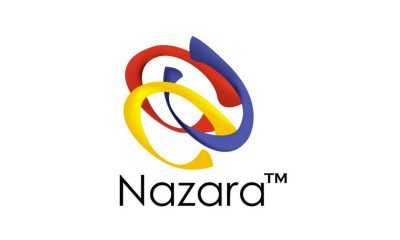



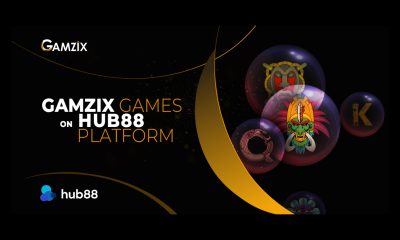

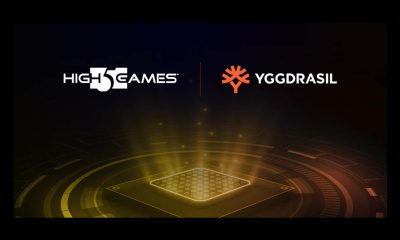

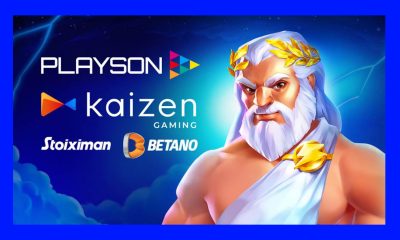



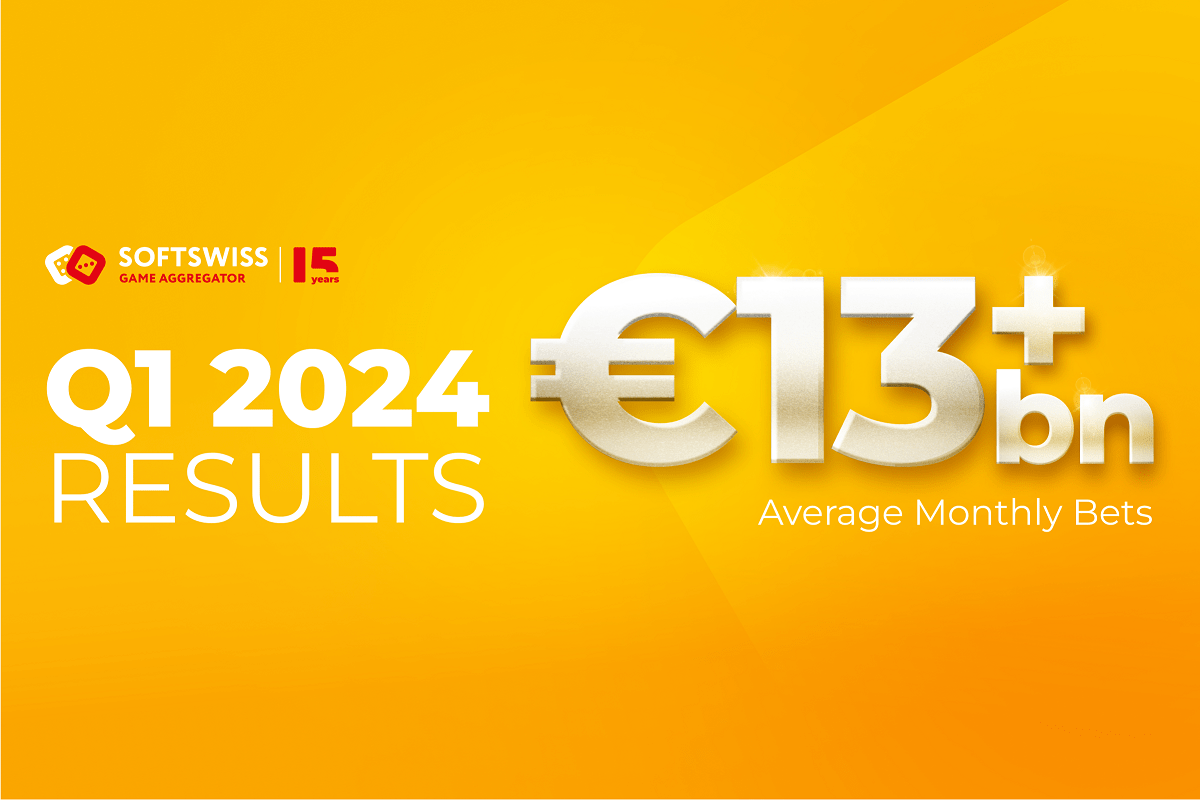
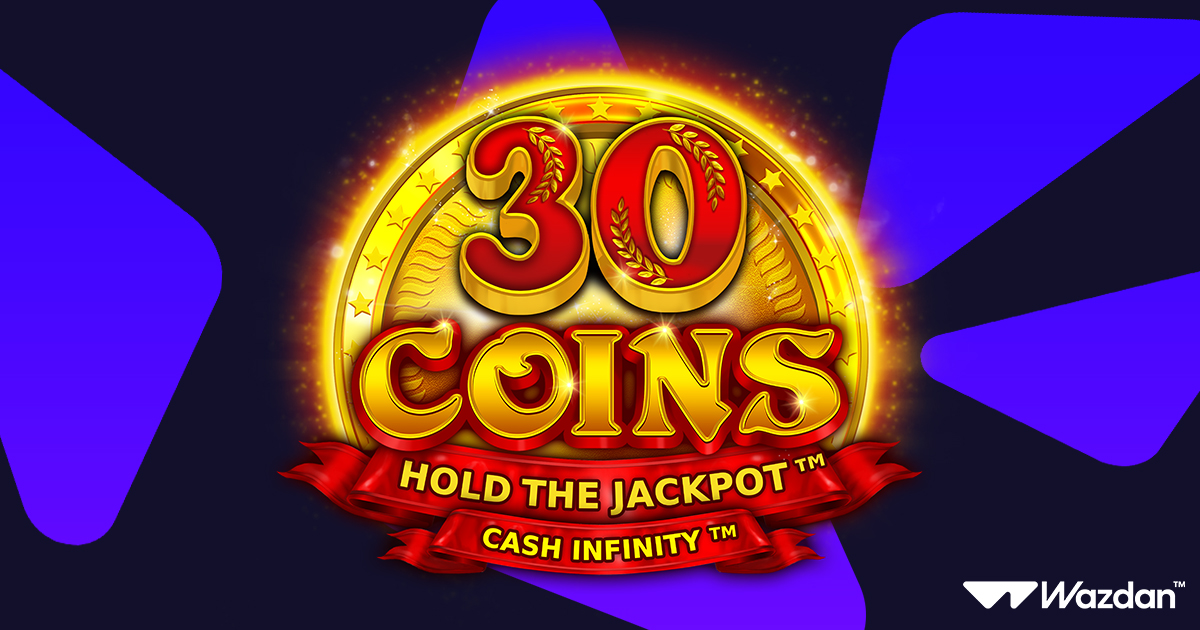
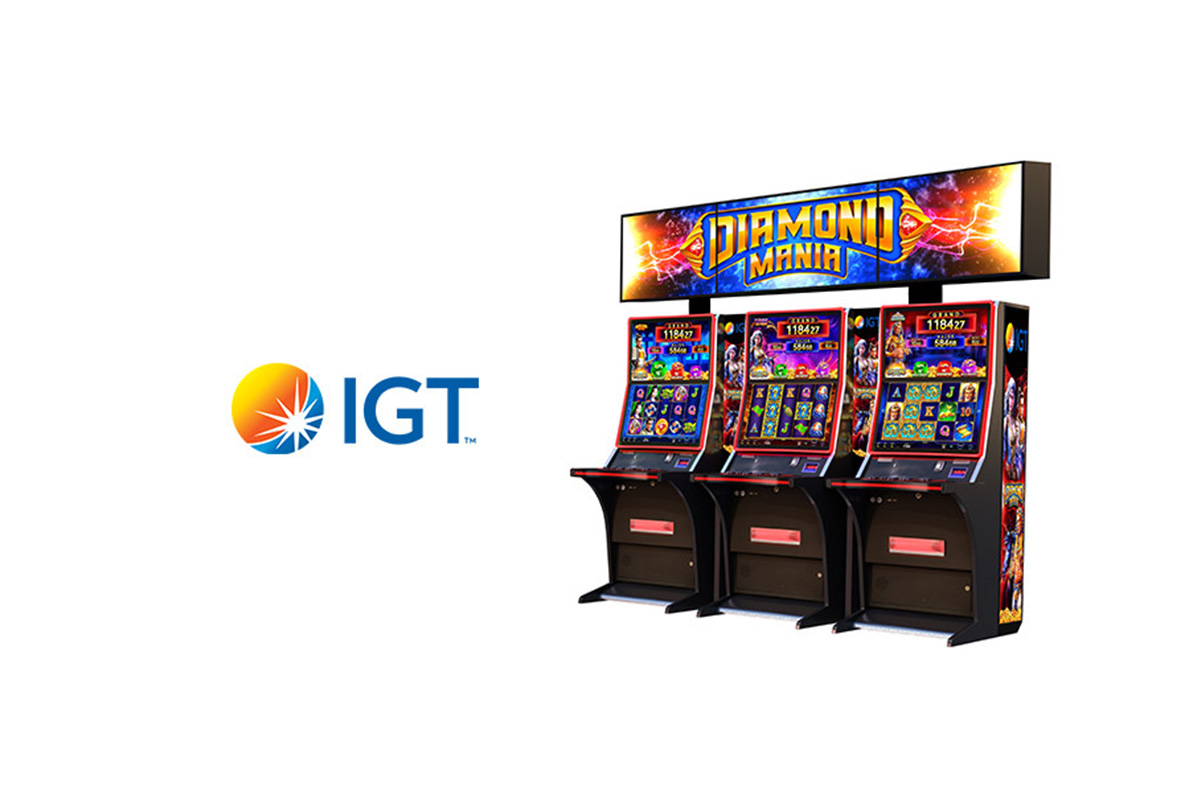
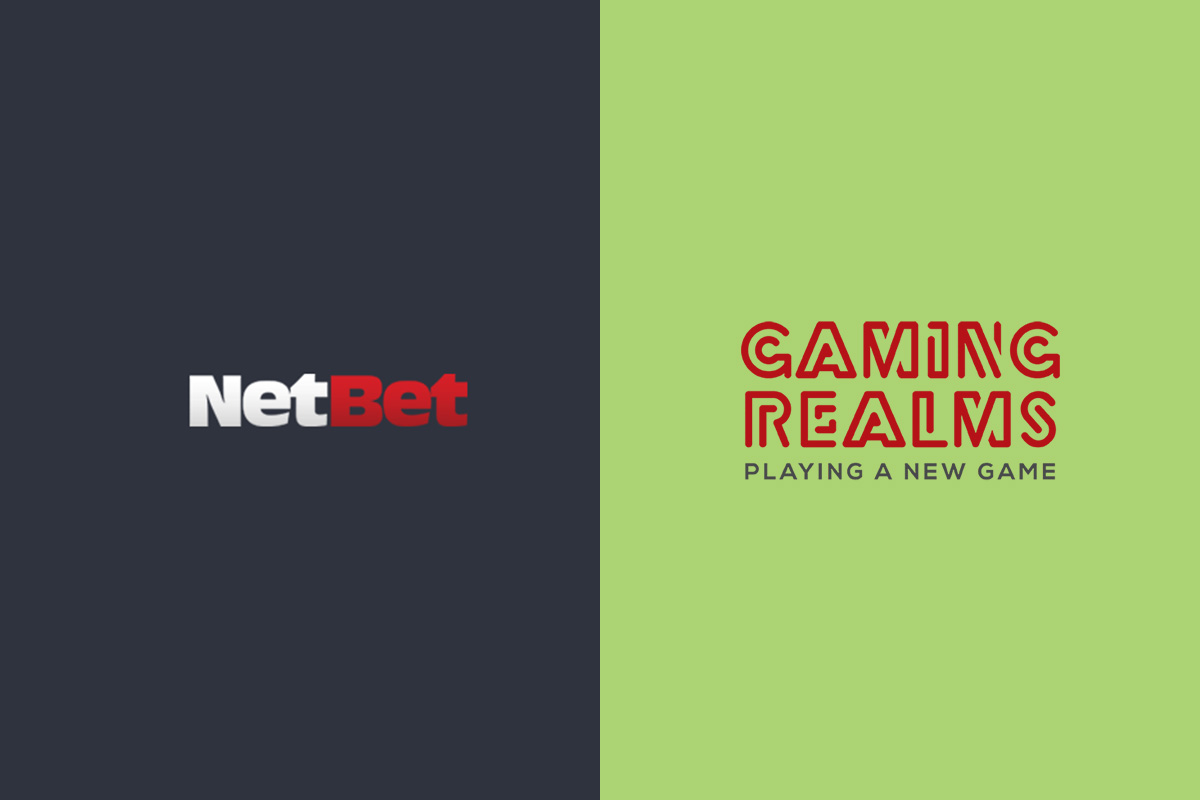
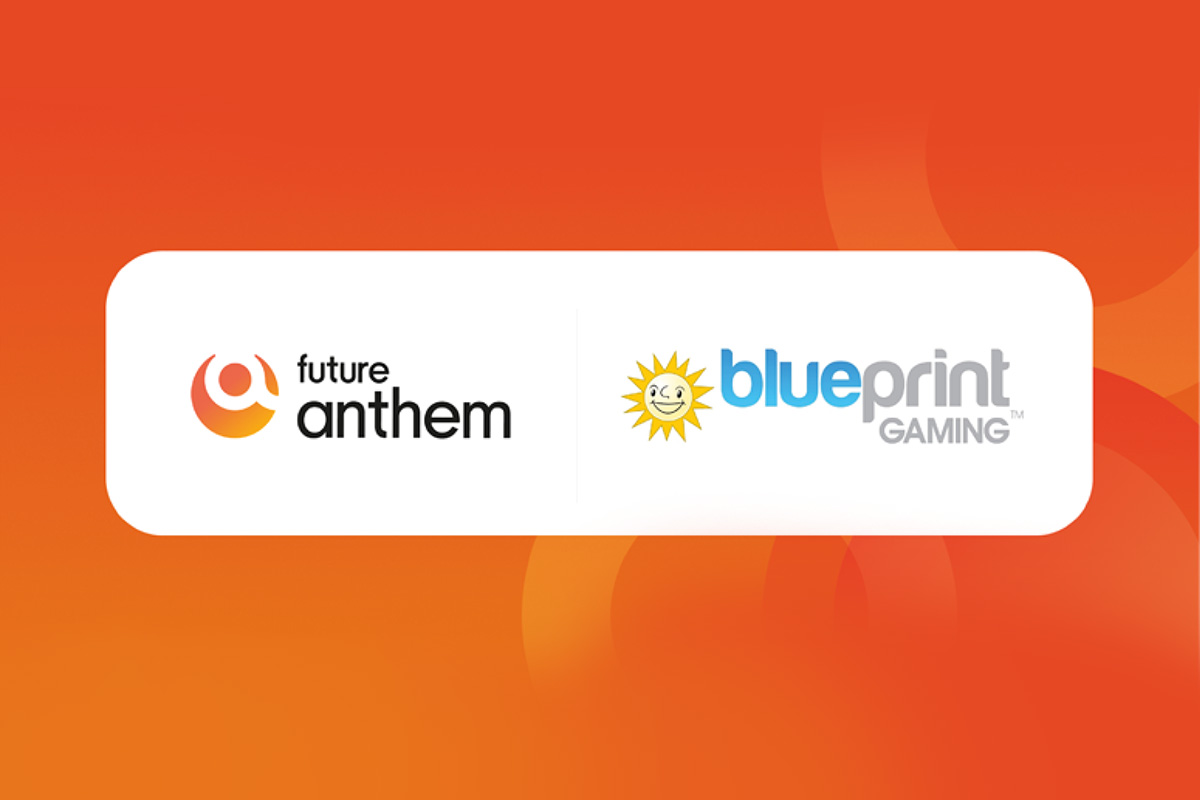
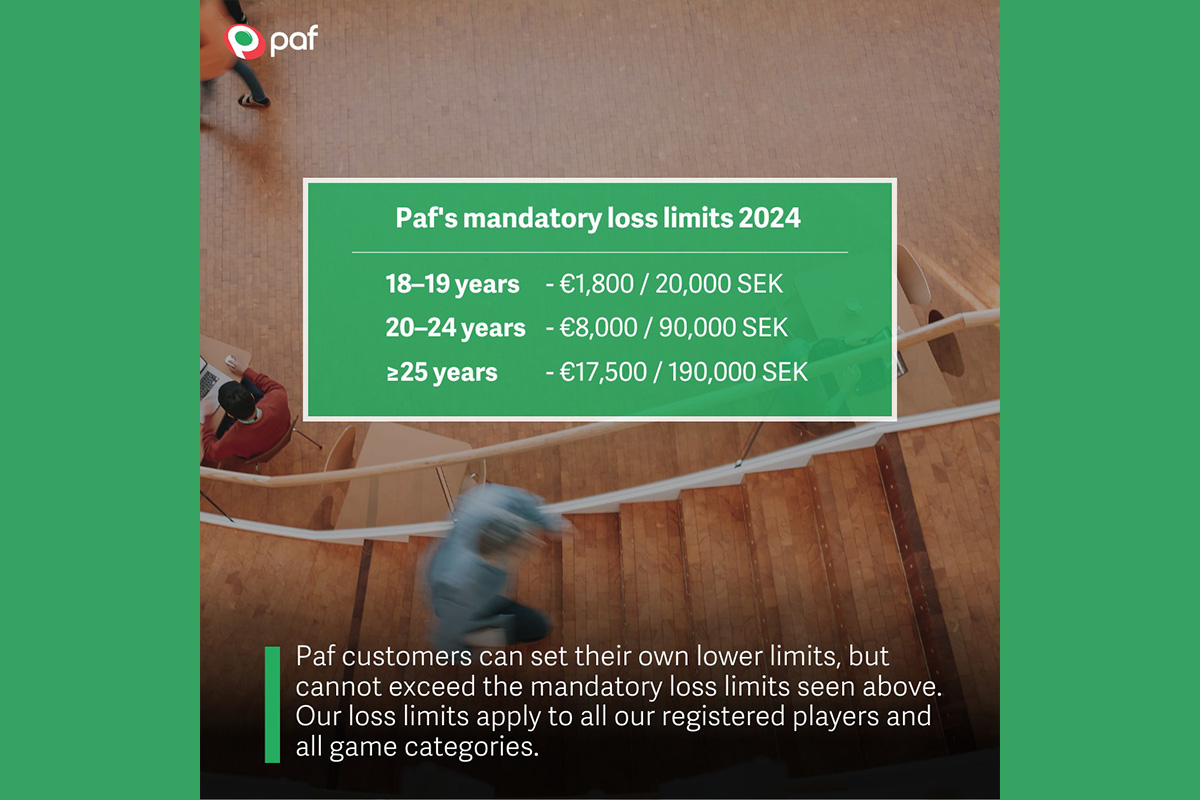


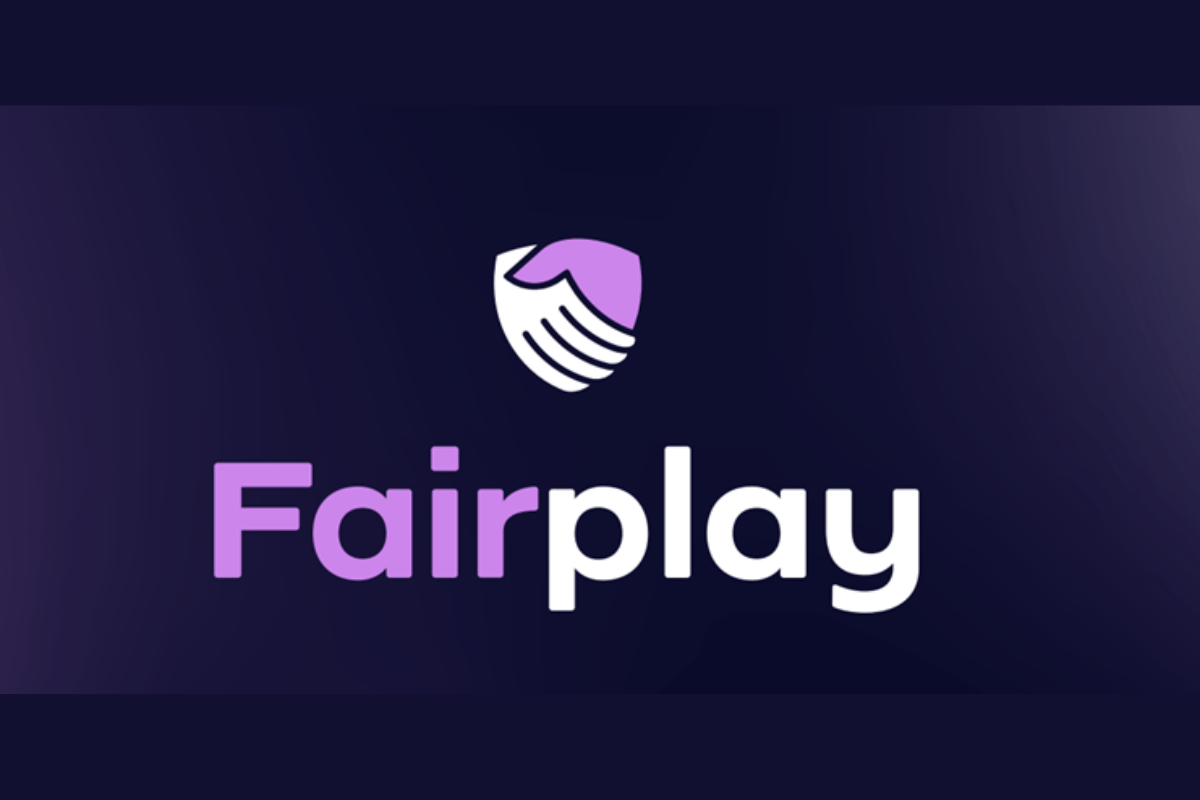
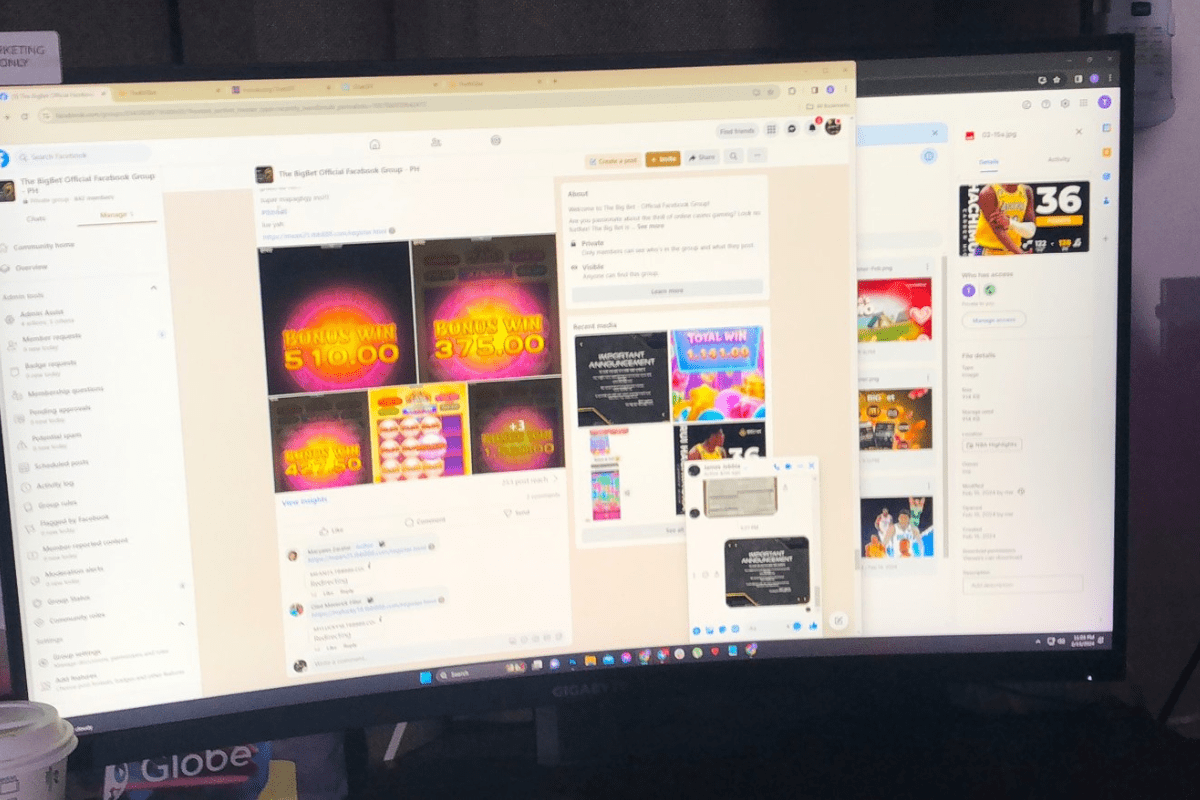

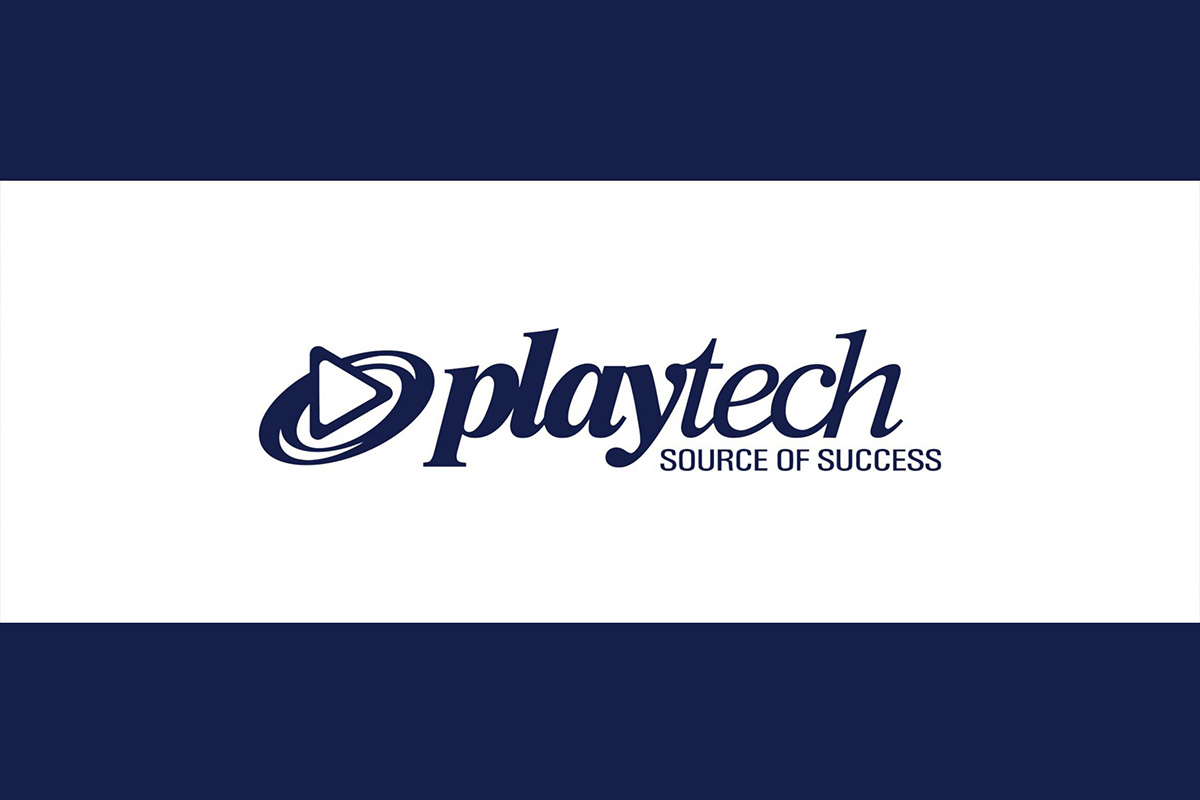
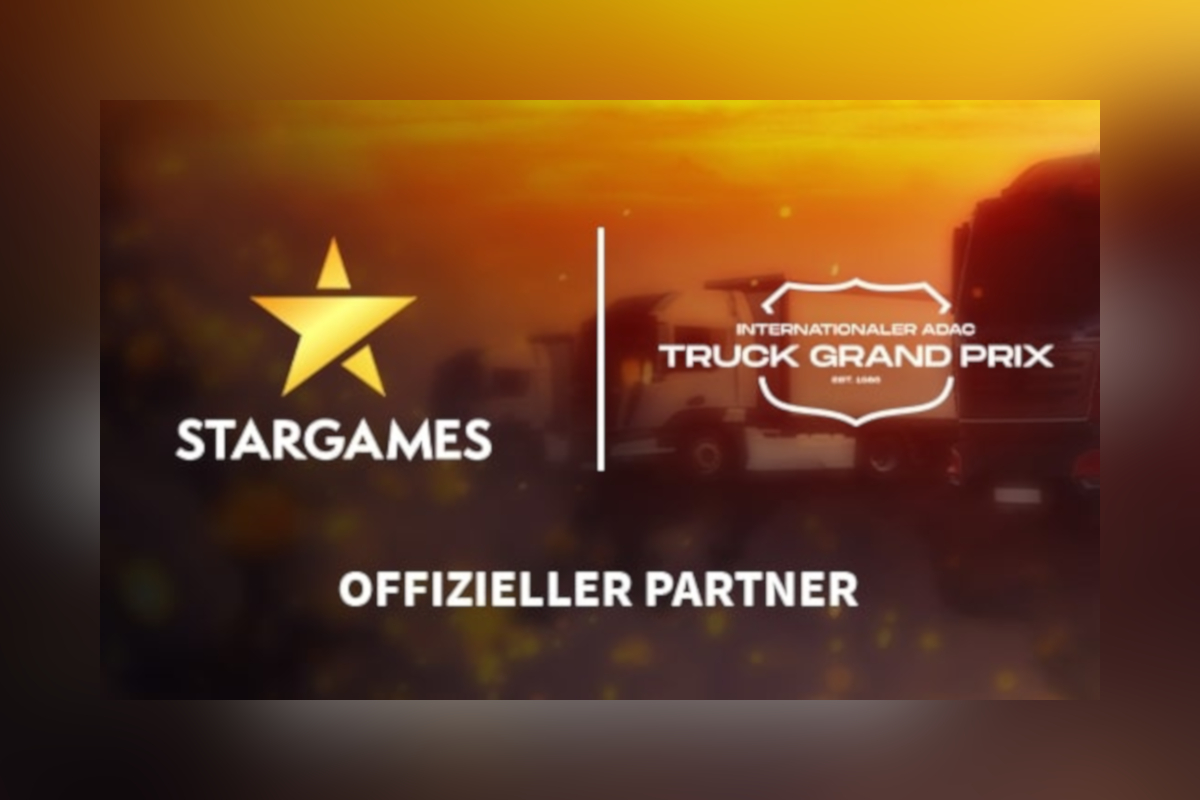
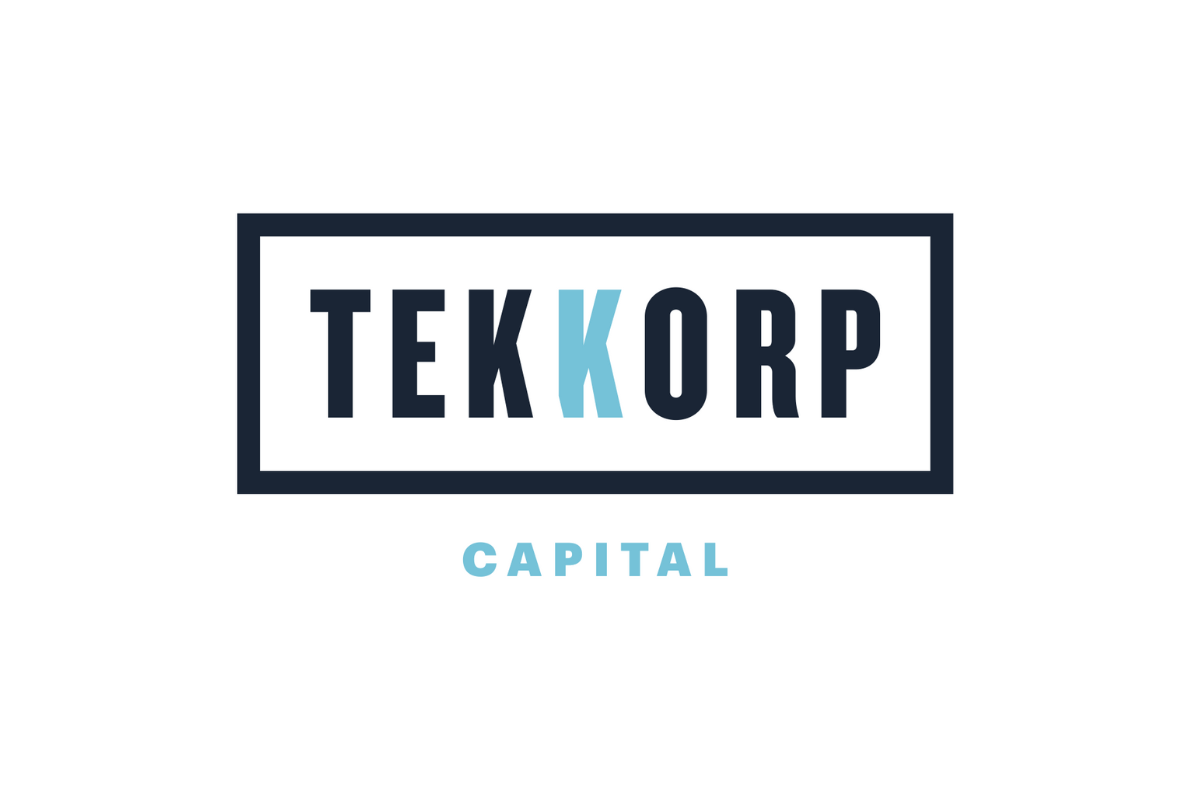
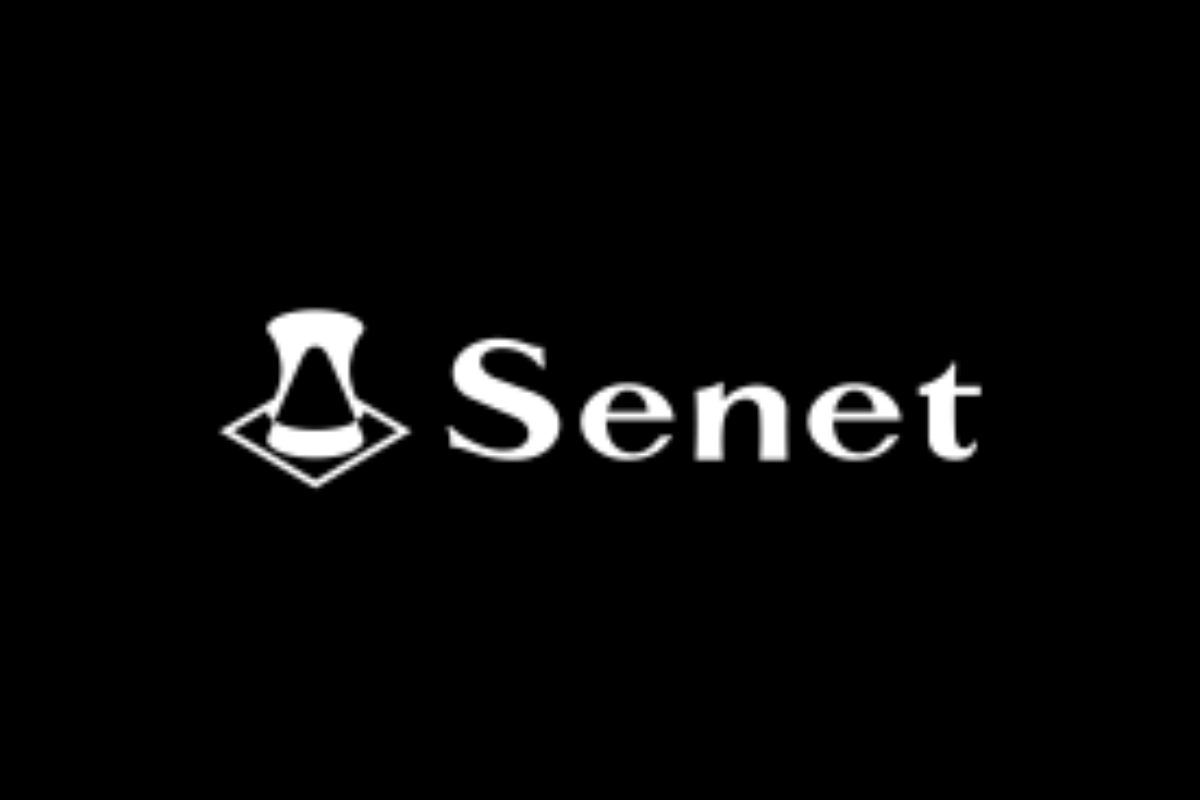
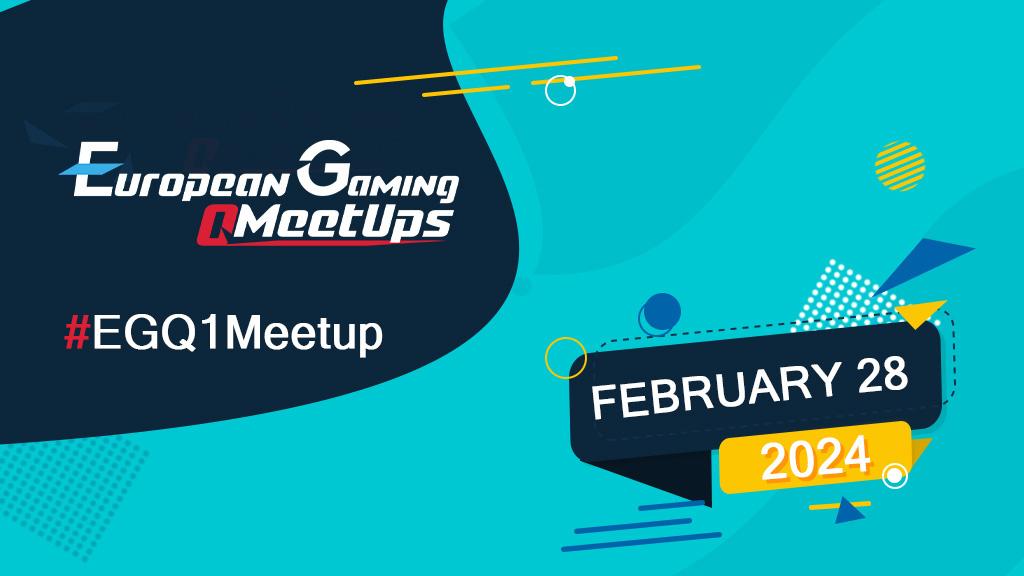
You must be logged in to post a comment Login